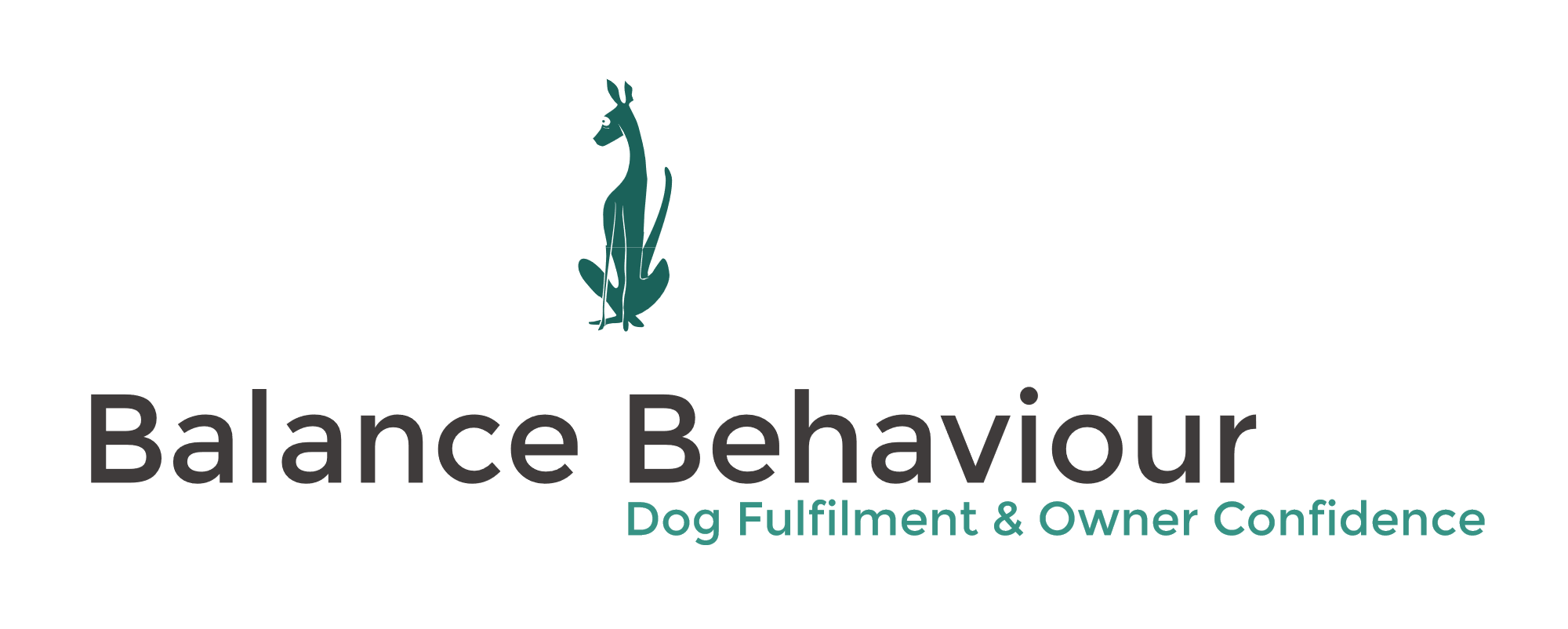
Why does your dog chew? Find out here.
Biting and Chewing
Biting and chewing are beneficial for our dogs, they relieve stress through releasing endorphins, exercise the mind and body and help to keep the teeth healthy and clean. Biting and chewing are natural hard-wired behaviours that are an inherent part of being a dog. Dogs chew to relieve boredom, loneliness, stress, frustration and anxiety. The act of chewing has a calming and comforting effect on the adrenal-pituitary axis in the brain - it triggers the release of endorphins, and as such is a tool that the dog has at his disposal in order to 'self-medicate' for anxiety and stress.
Anxiety can be seen where his 'instinctive' lifestyle conflicts with ours - such as being left at home alone for many hours during a working day. In addition to this dogs with excessive energy (or insufficient exercise!) will often chew to try to release this pent-up frustration and allow for relaxation.
We should not even attempt to eliminate this normal canine behaviour. Not only would this be cruel, but it would be virtually impossible. Behaviours that are natural, hard wired and self-rewarding such as chewing, digging, running and barking should be allowed for by providing an appropriate time/place/item/activity as an outlet where possible, in this way a fulfilling alternative is allowed for and removing the behaviour from an inappropriate context is made possible. Sometimes if the specific needs of the dog are fulfilled in another area then the unwanted behaviour will stop without further direction from the handler. For example a Terrier will cease to dig up the rose bushes if a sand pit is offered as a replacement, if we bury large chews and toys in the designated area then the digging may prove more rewarding in this area, but if we did need to correct or disagree with any inappropriate digging we could do so without removing the only outlet. This is only fair!
When discussing eradication of biting it is also worth noting that as we would not want our adult dog to bite and hurt people or other dogs, if a puppy has missed out on learning bite-inhibition from his mother and litter mates due to removal from the litter too soon, the puppies biting should first be inhibited through training by us with the assistance of any other dogs available before the dog is asked never to bite. This learning of a soft bite is a critically important skill that all dogs need to learn when they are as young as possible. This ensures that should a bite occur through panic, stress or surprise, it will be a well inhibited (gentle) one that will not require medical attention.
